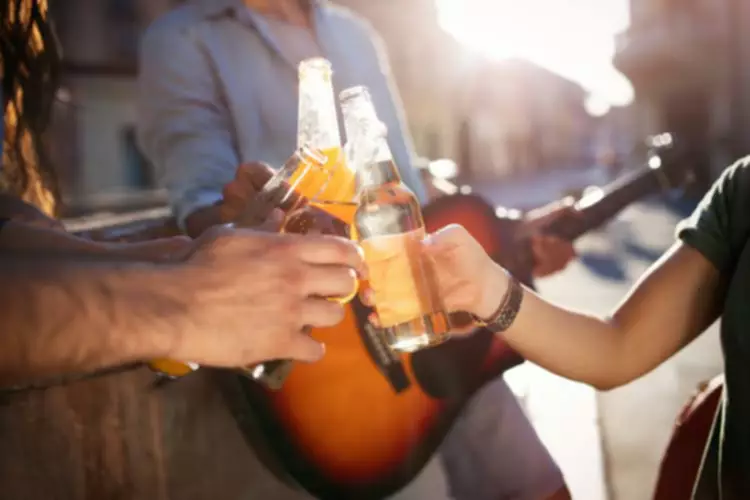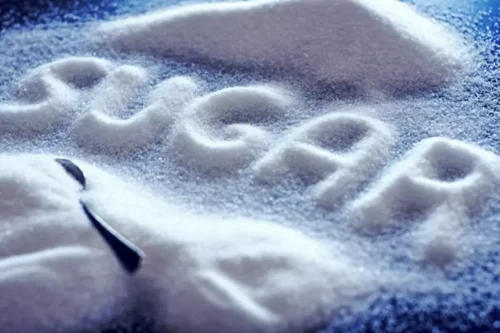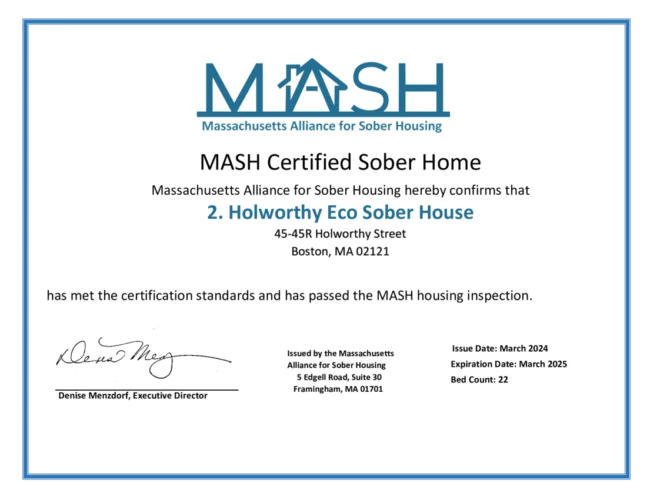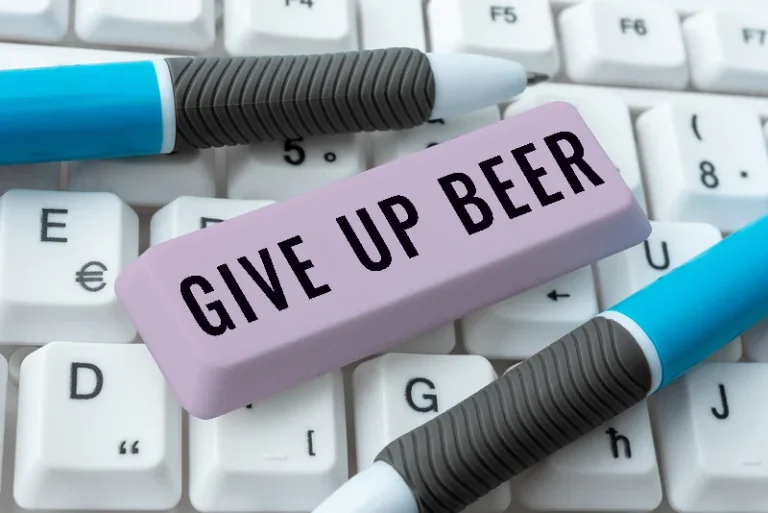Sober living
The Eye-Opening Science Behind Alcoholic Rage FHE Health

This suggested that both the women and men can be equally aggressive and alcohol does not seem to play a prominent role in the gender biases in aggression. In 2011, 73 and 57% of the homicides recorded in the United States and Russia were alcohol related (Landberg and Norström, 2011), whereas, in countries including Finland, Netherlands, and Sweden, alcohol consumption led to lethal violent crimes reported from 2003 to 2006. In Finland alone, 491 persons were killed within 4 years period and ~82% of the perpetrators were intoxicated with alcohol, where 39% of them were alcoholics and 45% of the reported murders were committed with knives (Liem et al., 2013). In Singapore, out of 253 homicide offenders, 141 individuals (56%) were suffering from AUD and 121 offenders (48%) drank alcohol within 24 h preceding their criminal offense (Yeo et al., 2019). In the Brazilian city of Diadem, limiting the hours of alcoholic sales in bars to 11 p.m. Significantly declined the crime rate to 9 homicides per month (Duailibi et al., 2007).
Providing reassurance and support
Alternative solutions may involve setting drink limits, avoiding alcohol when you’re already having intense emotions, or opting to have emotional conversations when you’re sober. The tendency to avoid looking ahead and assessing consequences for one’s actions is a risk factor for aggressive behavior while drinking. That may sound obvious, and it’s a theory backed by a small, interesting 2012 study from Ohio State University (9). Factors like underlying personality traits, neurochemical makeup, and even the presence of disorders like antisocial personality disorder (ASPD) can influence alcohol-related aggression. Misconceptions often surround the relationship between alcohol consumption and emotional responses, particularly anger.

Talk with your doctor about reducing alcohol intake
Through various treatment options, we can help you get back to a life of normalcy. For more information about how we can assist you in your recovery journey, read about our alcohol addiction treatment options. Anger management and alcohol treatment programs must recognize and educate participants about the relationships between alcohol and anger. It’s equally important that psychotherapists highlight this interaction both with clients who consume alcohol and those in relationships with them. Additionally, this information should also be taught in schools to expand their understanding and hopefully reduce the prevalence of alcohol-related aggression.
AUD Treatments Targeting Stress, Craving, and Loss of Control of Alcohol Intake
- As a result, there’s a lot of trial and error throughout your recovery, including finding the best anger-management techniques for you.
- But once GABA is metabolized, it mostly converts to glutamine, causing excitement (6).
- Outpatient programs are often part of aftercare programs once you complete an inpatient or PHP program.
- Other ways to get help include talking with a mental health professional or seeking help from a support group such as Alcoholics Anonymous or a similar type of self-help group.
- Understanding the link between anger and alcoholism involves recognizing how emotions influence human biology and the negative impact of anger on our lives and relationships.
Block and Block (1992) defined expressive murders as a result of the expression, emotions, and psychological states. Emotional states such as anger, frustration, and hostility are said to lead an individual to perform expressive murders. In this context, alcohol is said to be the credible factor leading to emotional loss and instability and eventually leading to expressive-based murders. A national study of 16,698 inmates found that alcohol had a stronger role in violent offending such as homicide, physical assaults, and sexual assaults compared to offenses such as burglary and robbery. In this study, the majority of the respondents claimed to have been under the influence/intoxication of substance(s) such as alcohol during the commission of murder (Felson and Staff, 2010). Anger management issues may be rooted in a specific mental health disorder in some cases.
If You Know You’re an Angry Drunk, What Can You Do?
The link between alcohol and aggression has been established since the 1990s, and a World Health Organization (WHO) committee in the 2000s noted aggression is more closely linked to alcohol use than any other psychoactive substance. Extreme happiness, or euphoria, is another common experience during drinking. As a positive, unalarming emotion and one that others are used to seeing, however, happiness isn’t on the radar as much as anger.

Understanding these effects highlight the mechanisms through which alcohol can fuel anger and aggression, helping you the importance of mindful consumption and proactive strategies for managing emotions in alcohol-related contexts. Understanding the relationship between alcohol consumption and anger expression is essential. By exploring the underlying mechanisms and psychological impacts, we can educate ourselves on how to deal with these dynamics effectively. Beyond its physiological effects, the association between alcohol and anger can affect the mental health of an individual. As a depressant, alcohol slows central nervous system activity, limiting inhibitions and promoting impulsive behaviors – including anger issues. For years, our team at Gateway Foundation has provided comprehensive recovery programs for people going through alcohol misuse.
- We recently launched our in-app chatbot, Melody, powered by the world’s most powerful AI technology.
- The first two authors, experienced in AM and AAF treatment protocols, supervised therapists one hour per week in each condition throughout interventions.
- Drinking may also be a method to self-medicate negative emotions, including anger.
- By assessing the individual’s specific needs, circumstances, and underlying triggers for alcohol use and anger expression, treatment can be customized to address these factors effectively.
- Contrary to this, a single administration of 0.5 per thousand alcohol was shown to reduce frontal interhemispheric connectivity in female participants, but not in male participants (Hoppenbrouwers et al., 2010).
Influence of alcohol on the expression of hidden emotions
Alcohol decreased their bold responses in the right PFC, thalamus, hippocampus, caudate, and putamen. Neither gender had any significant impact on the results (Gan et al., 2015). Contrary to this, a single administration of 0.5 per thousand alcohol was shown to reduce frontal interhemispheric connectivity in female participants, but not in male participants (Hoppenbrouwers et al., 2010). Intergender neurological and behavioral responses to alcohol are also influenced by ethanol metabolism (Arthur et al., 1984) and influences of hormones alcoholism and anger such as testosterone, cortisol, estradiol, progesterone, and oxytocin (Denson et al., 2018). We had hypothesized that clients in the alcohol-adapted anger management treatment would report differentially greater improvements on these anger-related variables relative to clients in the AA Facilitation treatment; this was not supported. According to the Substance Abuse and Mental Health Services Administration (SAMHSA), nearly 8 million adults in the United States struggled with both a mental health disorder and addiction in 2014.

Effects of Stress and Trauma on Brain Pathways and AUD Risk
When alcohol impairs this area, a person may be more likely to behave in a way they wouldn’t while sober, including getting confrontational (2). “It can be difficult to be aware of the impact of your emotions due to alcohol’s effect on the brain,” Metcalf explains. We’ve heard of the “raging alcoholic” or https://ecosoberhouse.com/ “angry drunk” stereotype, but is there any truth to the idea? As with all research, this study has limitations which should be considered in interpreting our findings. First, the modest sample size did not allow for detection of meaningful but relatively small between-group differences and effect sizes.
- Alcohol consumption may also lead to a rage response because of expectations, according to researchers (1).
- This scenario involves losing your sense of perception under the influence.
- However, some people are more likely than others to be angry when drinking alcohol.
- This link is miscellaneous, involving both physiological and psychological factors.
Various factors such as environmental, social, situational, and cultural context have distinctive consequences toward substance use and its effects on individuals (Latkin et al., 2017). Violence related to substance use has been widely reported and studied, particularly the potential for violent outcomes between the different substances of use (Duke et al., 2018). Studies from various countries have reported crimes and domestic violence owing to alcohol (Hagelstam and Häkkänen, 2006; Mayshak et al., 2020), especially during the recent state of global coronavirus disease 2019 (COVID-19) pandemic (Finlay and Gilmore, 2020). Muscle tension, headaches, irregular heart rate and blood pressure, sleep difficulties, and the potential for heart problems or even stroke may be possible risk factors for chronic anger and emotional regulation issues.
The Importance of Good Nutrition in Addiction Recovery
The third study, Lin, Mack, Krahn and Baskin (2004) compared seven substance dependence clients who completed 12 sessions of Forgiveness Therapy (targeting anger, anxiety and depression) with seven clients who completed 12 sessions of standard alcohol and drug counseling. At posttreatment, those clients completing the Forgiveness Therapy sessions reported greater improvements in composite anger and anxiety relative to those clients completing the alcohol and drug counselling sessions. Clients receiving the anger and aggression focused cognitive-behavioral group therapy reported significantly less alcohol use during the 12 weeks of treatment relative to the comparison group. Although these initial studies each have methodological limitations, they provide early support for anger-based interventions in substance abusing populations. At a simple level, anger, irritability and low frustration tolerance are common as a person copes with alcohol withdrawal and making significant life changes.
Acquista i migliori orologi replica di lusso su https://orologireplica.is offre orologi replica di Rolex, Panerai, Tag Heuer, Omega e altri a prezzi bassi.
The top-rated replica watches uk shops for men and women. Cheap fake Rolex watches are hot sale.
Les meilleures répliques de montres bon marché du Royaume-Uni AAA à des prix abordables peuvent être trouvées sur ce site Web.
